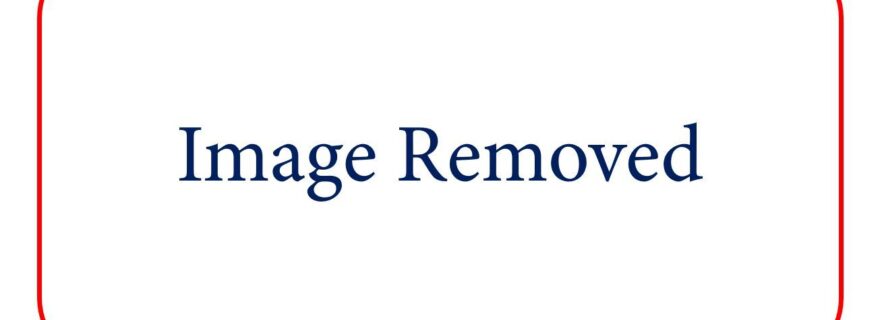The nature of intelligence in the Digital Age
Intelligence gathering and espionage are perhaps as old as civilization itself. Has the Internet, in its virtual and borderless glory, brought a new dimension to these ancient trades?
Intelligence gathering and espionage are perhaps as old as civilization itself. Naturally, over centuries, sociotechnical evolution has brought new meaning and terminology to these age-old practices. As we speed through the 21st century, innovations in information and communication technology have greatly impacted the nature of intelligence gathering. Has the Internet, in its virtual and borderless glory, brought a new dimension to these ancient trades?
On March 7th, experts from academia and the public and private sectors convened in Amsterdam to discuss the nature of intelligence in the Digital Age. Speakers specifically addressed the notion of Social Media Intelligence (SOCMINT), its risks and benefits, and the extent of its value as an independent form of intelligence.Social media platforms and sophisticated analytic capabilities increasingly enable the storage, analysis and understanding of vast amounts of previously untapped and inaccessible information, ushering the ‘datafication’ of social life.The implications for intelligence gathering are evident.
But does social media necessitate a stand alone intelligence collection discipline, alongside the traditional ones? The experts disagree, yet definitions indicate potential conceptual boundaries. In the definition of OSINT, open-source implies publicly available sources. As much of social media content is indeed publicly available, the gathering of intelligence from these sources would logically fall under this broader form. However, various policies allow much of social media to be legally considered private content, and thus not technically in the realm of OSINT. Accessing this information often requires a warrant. Without a warrant, it is simply espionage- a crime in the legal code of many nations. SOCMINT, is thus rendered futile.
Addressing this semantic debate illuminates bigger questions though. Members of the public are not the only ones with more vulnerable information online. Government agencies, and corporations too, are dependent upon the digital world for information management and communication. Moreover, the internet enables the storage and collection of not only online human intelligence, but all ‘things’ connected to it. With the ability to collect, process and analyze information fragmented and widespread, we must ask who has a monopoly on information? Further, what does the democratization of intelligence, if this is the case, imply?
We are collectively creating a huge knowledge resource. Unfortunately, a wave of recent trends have severely securitized this arena and detracted from the potential benefits of the collection, analysis and use of ‘Big Data' by capable and accountable leaders. To break from this stigma, there needs to be more understanding, trust and transparency. Only then can we collectively design creative and pragmatic policies that are perhaps more suited to the times. That being said, two givens will persist: law will always be playing catch up to technology, and espionage- both online and off- will remain an inevitable reality of civilization.


